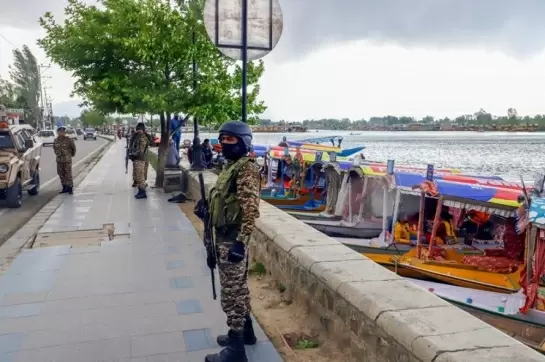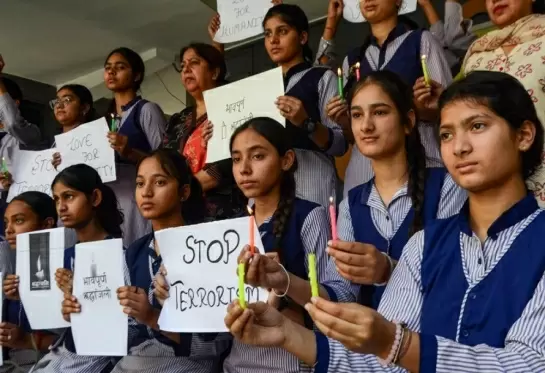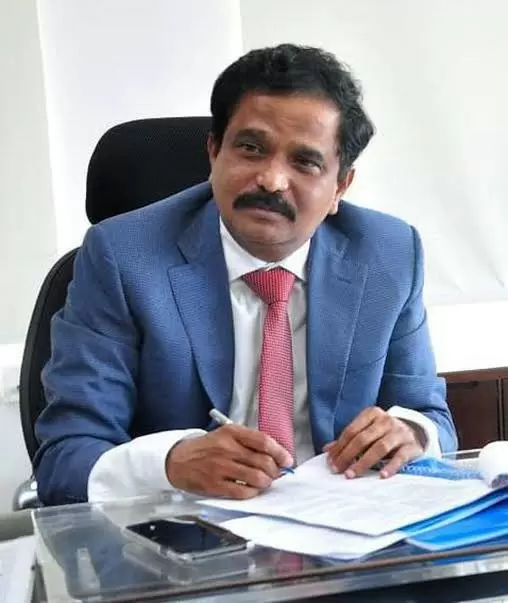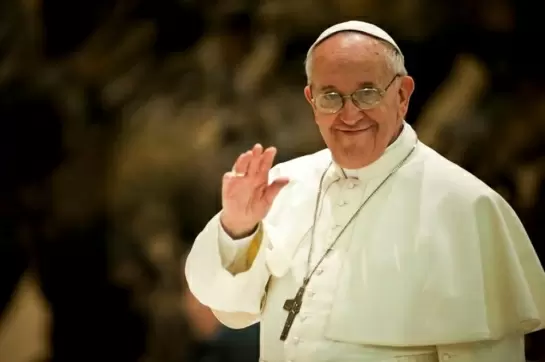India's vaccination drive stumbling when it is most crucial: Report
19-May-2021
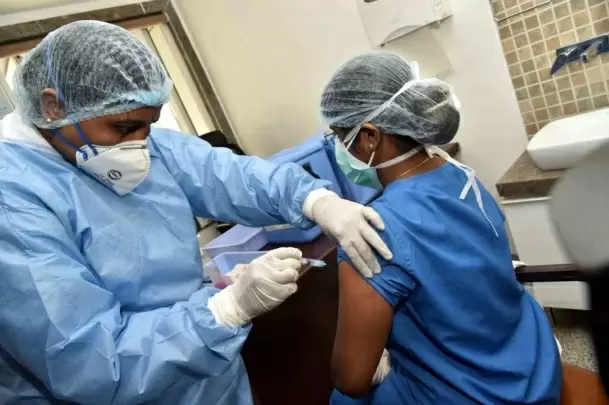
Vaunted as the largest in the world, Indias vaccine programme is being hobbled by supply shortages and an abrupt shift in procurement policy that appears to be without parallel, The Washington Post reported.
The report said as India confronts a devastating Covid outbreak where thousands are dying each day, the country desperately needs to vaccinate its population as soon as possible. Yet the vaccine drive is stumbling just when it is most crucial, it said.
Over the past six weeks, the number of vaccinations per day has fallen by about half, from a high of 4.2 million per day on April 2 to 2 million last Thursday.
"Vaunted as the largest in the world, India's vaccine programme is being hobbled by supply shortages and an abrupt shift in procurement policy that appears to be without parallel. The woes of the inoculation drive are especially striking given India's unique advantages, including a large vaccine industry and a record of mass immunisation campaigns," the report said.
Just months ago, public health experts were counting on India to play a crucial role in supplying Coronavirus vaccines to the world. The government was so confident of its ability to meet domestic demand for vaccines that it allowed more than 60 million doses to be exported or donated to other countries between January and March, the report said.
Now the vaccine exports are a source of increasing anger, the report said, adding that in Delhi, posters appeared with a question for Prime Minister Narendra Modi: "Why did you send our children's vaccines abroad?"
The police arrested and questioned over 20 people in this connection over the weekend.
Faced with surging infections, India suspended exports at the end of March and has begun importing Russia's Sputnik vaccine to try to alleviate the shortfall in local production. Last week, the government acknowledged that vaccine shortages in India will persist at least until July, the report said.
The inability to accelerate the vaccination drive in the short term means that immunisations will do little to blunt the ferocity of the current wave of infections, it said.
Vaccinating India's more than 1.3 billion people was always going to be a monumental task. But experts say that India's present predicament is the product of miscalculations and optimistic predictions by policymakers and manufacturers, the report said.
Serum Institute of India, one of the largest vaccine makers in the world, struck deals early in the pandemic to make hundreds of millions of doses for India and the developing world. In an interview with The Washington Post last year, Adar Poonawalla, the firm's chief executive, said the company hoped to boost its production of the AstraZeneca vaccine to 80 million to 100 million doses a month by the start of 2021.
That target has remained elusive. Serum's current monthly production of the AstraZeneca vaccine hovers around 65 million to 70 million doses a month. Poonawalla has cited shifting reasons for the company's inability to increase production further, including lack of funds and a fire that broke out in January at a newly constructed building (At the time of the fire, he had said it would not affect manufacturing), the report said.
Poonawalla did not cite previous curbs on exports of raw materials by the United States as a factor affecting the production of the AstraZeneca vaccine, something he implied in a tweet last month. The company now says it will start manufacturing 100 million such doses a month in July, the report said.
Serum Institute and Bharat Biotech, the maker of a locally developed vaccine called Covaxin, were probably too confident, said K.V. Balasubramaniam, the former chief executive of another Indian vaccine maker, as quoted in the report.
"There would be a tendency for these companies to exaggerate their capabilities," he said.
Meanwhile, the Indian government displayed little urgency about buying large amounts of vaccines in advance, unlike governments in the US and Europe, the report said.
When Coronavirus cases plummeted in India late last year, health officials seemed content with more limited quantities of vaccines, thinking the worst was over and they might not "need to immunise the whole country," said one vaccine executive who spoke on the condition of anonymity to discuss the matter candidly, as per the report.
The government "didn't take us seriously when we said you cannot expand overnight", the report quoted the executive as saying.
Frantic for supplies, nine Indian states and two cities -- Delhi and Mumbai -- have said they will attempt to buy vaccines directly from global manufacturers, pitting them against each other in the international market, it said.
K. Sujatha Rao, a former top official in the Health Ministry, called the situation "totally unprecedented" and "bizarre", as per the report.
The result has been acute shortages and supply breakdowns that have led several states to suspend altogether the vaccination drive for people younger than 45. In Delhi, city authorities shut down certain vaccination centers after their supply of Covaxin, the vaccine produced by Bharat Biotech, ran out, it said.
Instead of placing large advance orders, the government is "buying vaccines like monthly groceries," wrote Partha Mukhopadhyay, a senior fellow at the Center for Policy Research in Delhi, last week, as per the Washington Post report. - IANS
Former DGP Om Prakash Murder: Wife Under Investigation, Says Minister
Ricky Rai, Son of Underworld Don Muthappa Rai, Shot at Near Bengaluru
Khushbu Sundar’s X Account Hacked; Actress Seeks Urgent Help
ED Raids Bengaluru Dog Breeder Who Claimed to Own Rs 50 Crore Wolf-Dog
Raj Thackeray Slams Hindi Imposition in Maharashtra Schools, Warns of Statewide Protests




